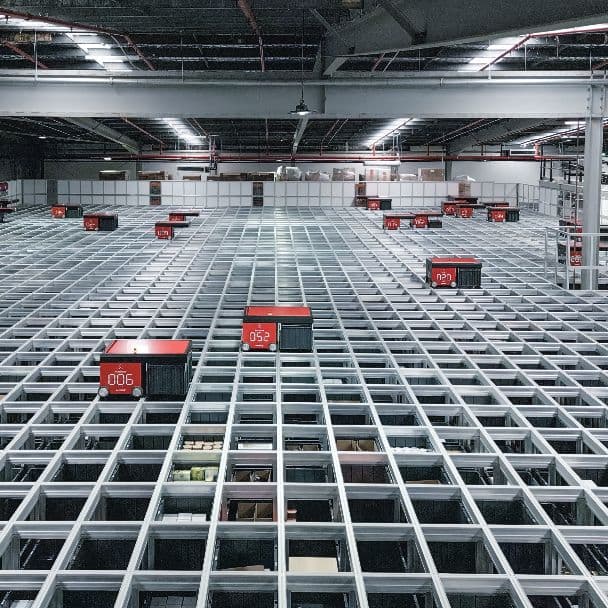Skutopia

Overview
Skutopia is a deep-tech logistics company based in Sydney, Australia, focused on democratizing and decarbonizing the logistics industry through its dual RaaS (Robotics-as-a-Service) and SaaS (Software-as-a-Service) models. Founded in 2018 by Talea Bader and Emily Townsend, the company initially began as an eCommerce co-working space. It has since evolved into a full-fledged eCommerce fulfillment provider, offering AI-powered robotic solutions. In 2025, Skutopia has raised significant capital investing in expanding its robotic warehouse capabilities both domestically and internationally.
Recent Developments
- August 25, 2025: Skutopia secured $38 million in funding with a valuation of $100 million, aiming to expand its automated fulfilment network and prepare for entry into the US market. The funding round was led by Pemba Capital, with participation from MA Financial and Blackpeak Growth Partners.
- 2024: Announced plans to achieve carbon neutrality by December 2025, focusing on increasing its sustainable practices and technologies in its operations.
- 2023: Opened new high-tech warehouses in Melbourne, continuing its commitment to reducing emissions per order significantly compared to traditional third-party logistics.
- 2022: Launched Australia’s first automated micro-fulfillment centers, aiming to provide enhanced speed and efficiency for eCommerce businesses.
Company Information
| Attribute | Information |
|---|---|
| Founding Date | 2018 |
| Headquarters | Sydney, Australia |
| Founders | Talea Bader, Emily Townsend |
| Revenue | Not Publicly Disclosed |
| Profits | Not Publicly Disclosed |
| Key Investors | Pemba Capital, MA Financial, Blackpeak Growth Partners |
| Industry | Logistics & Fulfillment |
| Number of Employees | Not Publicly Disclosed |
Early History
Skutopia originated as WORKIT SPACES in 2018, a co-working hub for eCommerce businesses in Sydney. Founders Talea Bader and Emily Townsend foresaw the logistical challenges faced by small to medium-sized enterprises in delivering products efficiently and cost-effectively. This insight led to the pivot towards establishing Skutopia as a tech-driven logistics platform. By integrating robotics into the fulfilment process and employing AI to manage operations, Skutopia disrupted traditional 3PL models, offering reduced costs and increased fulfilment accuracy.
Company Profile and Achievements
Skutopia operates on a dual RaaS and SaaS model, significantly enhancing the capabilities of eCommerce businesses. Among its achievements:
- AI-Powered Robotics: Used to eliminate inefficiencies such as human error, high labor costs, and carbon-heavy processes.
- High-Tech Warehouses: Established state-of-the-art facilities in Sydney and Melbourne, enabling rapid and accurate order fulfilment.
- Environmental Impact: Successfully reduced carbon emissions by 75% per order through innovative technology and strategic logistics.
- Client Base: Trusted by over 500 brands, with a strong focus on both small and mid-market retailers.
- Growth Trajectory: Aims to expand its operations into the US and achieve same-day delivery capabilities for up to 90% of Australian households within three years.
Current Operations and Market Position
Skutopia is positioned as a leader in automated logistics solutions, offering unmatched agility and scalability in order fulfillment. By leveraging proprietary AI and robotic technologies, the company delivers high-quality, fast, and cost-effective services, helping businesses scale efficiently. It continues to focus on sustainability, aiming for carbon neutrality by December 2025, and retains a substantial market share due to its technological edge over competitors.
Conclusion
As of August 2025, Skutopia positions itself as a pioneer in the logistics business, combining technology and sustainability. Its success in automating and reducing the environmental impact of order fulfilment presents a robust model likely to shape future industry standards. The company’s strategic focus on expansion, particularly into the US market, coupled with its drive towards sustainable practices, underscores its potential to profoundly influence the eCommerce logistics landscape.